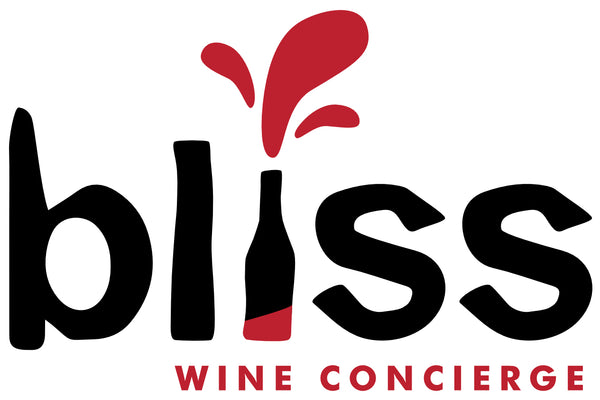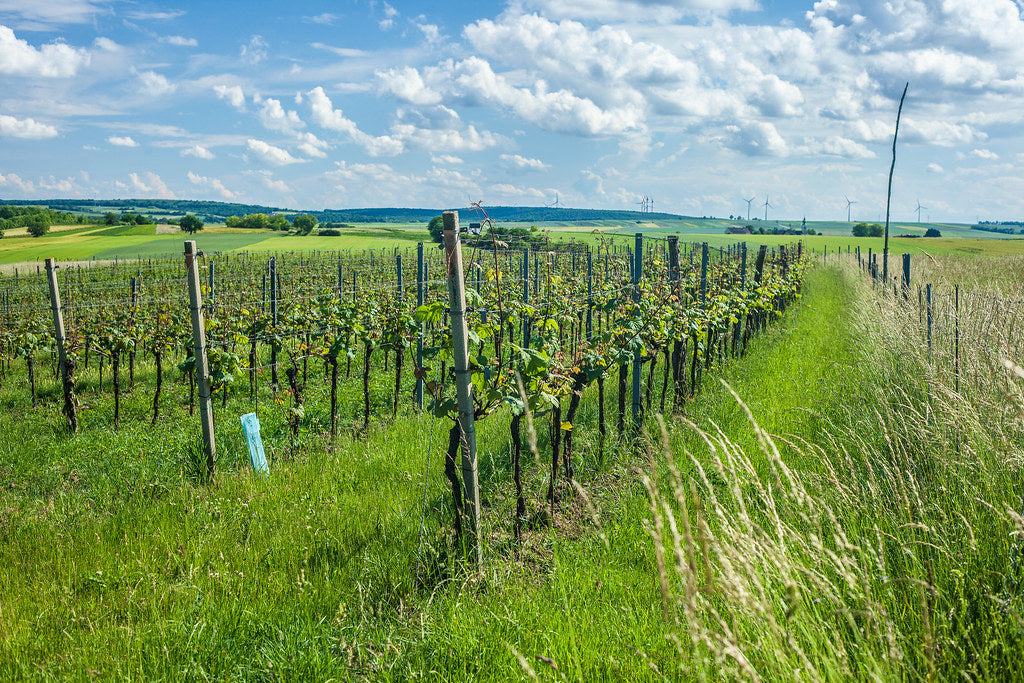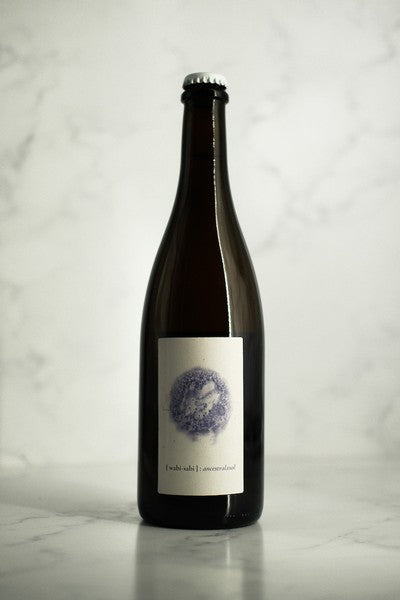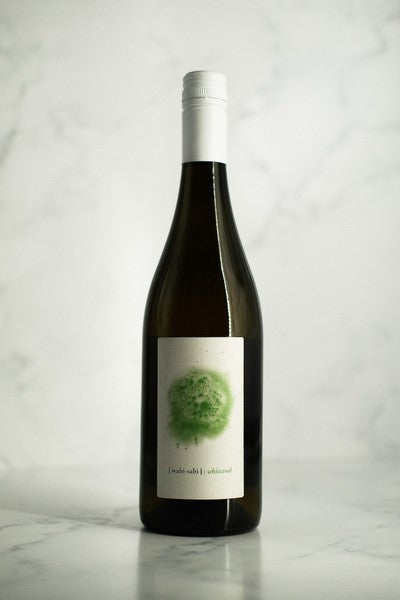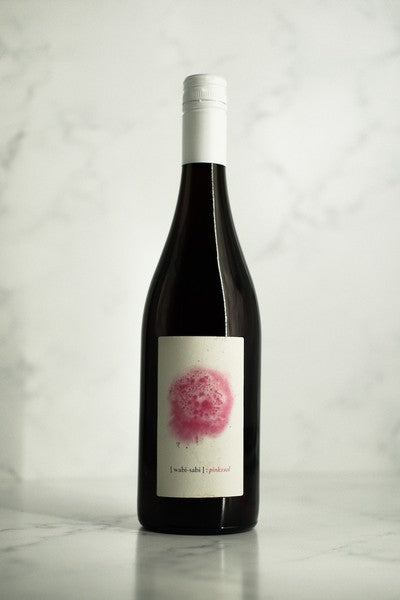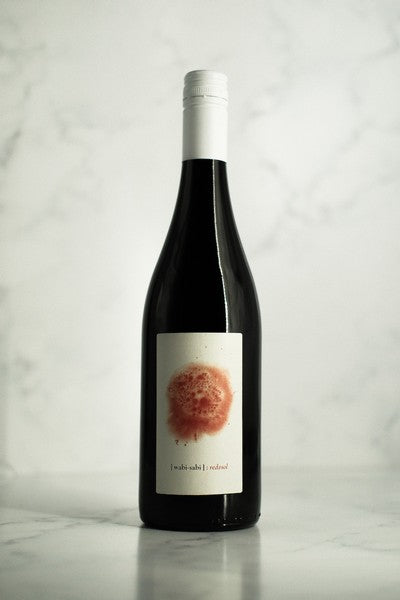
Winemaker: Franz Hofstätter, Johannes Zillinger, Christophe Hoch
Collapsible content
Winery Stats
Winery Story
Philosophy
Something Random
-
Wabi-Sabi - Ancestral#Sol MV
Vendor:Wabi-SabiRegular price $35.00 USDRegular priceUnit price per -
Wabi-Sabi - White#Sol MV
Vendor:Wabi-SabiRegular price $30.00 USDRegular priceUnit price per -
Wabi-Sabi - Pink#Sol MV
Vendor:Wabi-SabiRegular price $30.00 USDRegular priceUnit price per -
Wabi-Sabi - Red#Sol MV
Vendor:Wabi-SabiRegular price $30.00 USDRegular priceUnit price per
Video: What's In the Box- February 2024
- Join Master Sommelier Andrey Ivanov and our resident wine writer Allyson Gorsuch as they chat about Wabi-Sabi, the February offering of Bliss Wine Concierge's Wine Club. This is a one-time collaboration between Ivanov and Johannes Zillinger from Austria. We will cover topics like the solera system, qvevri, biodynamics, and accepting the beauty of imperfection.
Wines Tasted:
- Ancestral Pet-Nat Solera MV (bottled 5.15.2022)
- White Solera MV (bottled 5.15.2022)
- Pink Solera MV (bottled 5.15.2022)
- Red Solera MV (5.15.2022)
Wabi-Sabi
by allyson gorsuch
What constitutes Bliss Wine Imports and the wines they choose? Quality, innovation, and respect for the
land–and the viticulturist, the “seer” of the land. Johannes Zillinger at Wabi-Sabi embodies these values fully.
Zillinger has pushed the line in many ways–from farming, to grape variety choices–he is always thinking ahead. His wines are, therefore, thoughtful, and perfectly constructed.
Biodynamics can be misunderstood. Are the farming practices legitimate (and I think they are) or is it the meticulous winemaker/vintner that makes the best wine possible? We will dive into this more deeply–but Zillinger is doing something
special.
Biodynamics is a system of farming that relies on the lunar cycle. As for farming incongruence with celestial influences, it makes sense to me. Farmers have been doing it for thousands of years. Take the moon for instance, just look at the ocean’s tides. They happen, rising and receding every day. Why is it so hard to believe in that same effect on living things? If a plant is pruned during a period where the moon is pulling away from the earth during its synodic cycle, doesn’t it make sense that the sap would more readily flow if the moon was pushing back toward the earth? Ultimately, Biodynamics believes in the energy in this world. The ethos of Biodynamics lies in respecting the forces of nature. And, it makes better wine!
